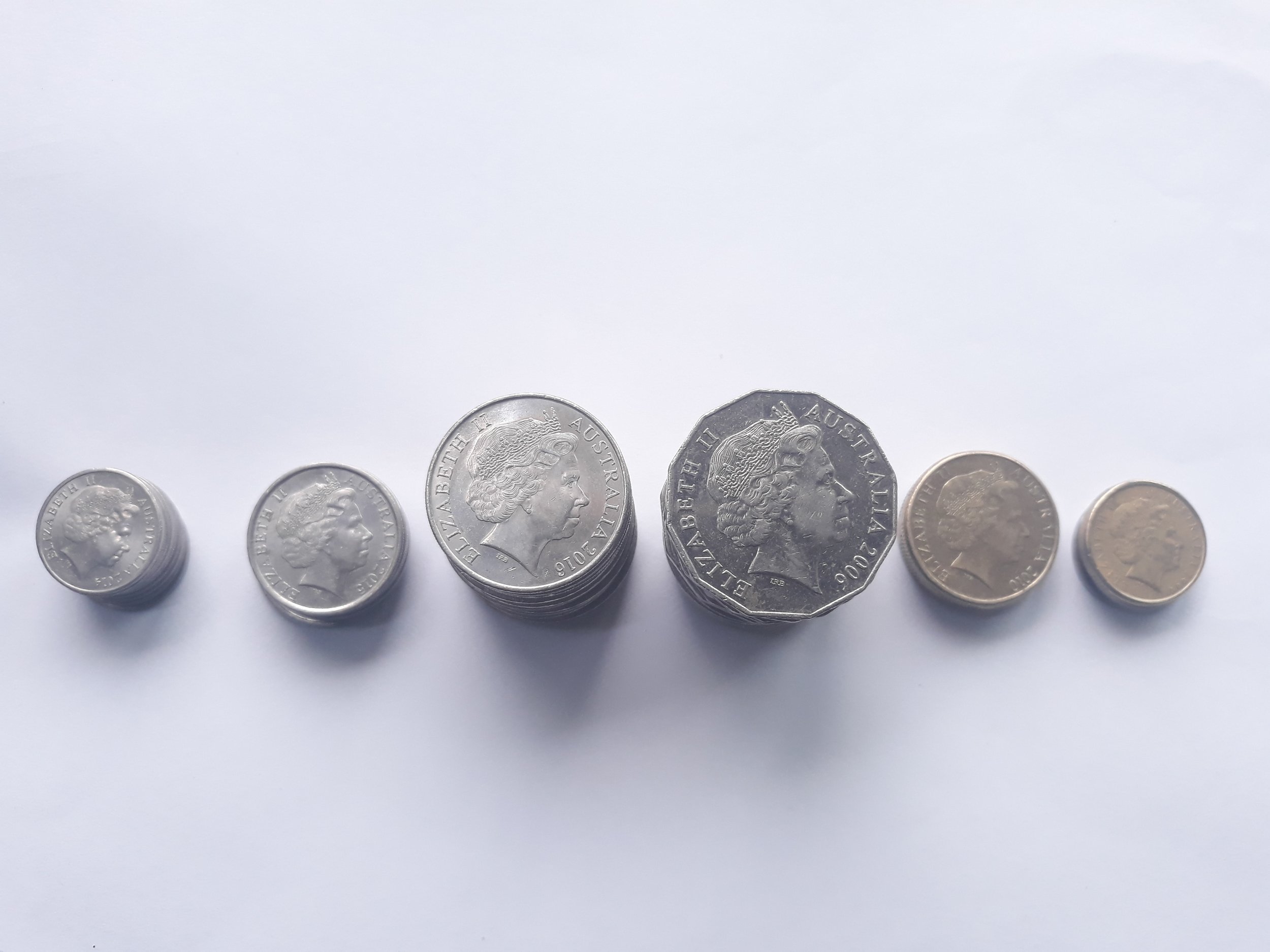There’s a well-known phrase that’s often used when the topic of budgeting comes up: “Watch the pennies and the pounds will take care of themselves.”
It’s true that small expenses — a posh latte here and a takeaway there — do add up. But the outgoings that people really need to focus on are the major ones. In most cases, it’s what they spend on their homes and cars which has the biggest impact on how much money they have left at the end of each month.
In other words, it’s far more important look at the pounds (and the hundreds of pounds) you’re spending before the pennies.
But, as the financial writer Andrew Craig explains to Robin Powell in this video, the first step to taking control of your expenditure is to start a spreadsheet showing all the money you spend each month.
It doesn’t matter how big your income is; if there’s more money going out than you have coming in, you could be heading for trouble.
This is one of many videos you will find on the IFAMAX YouTube channel. They cover a wide range of subjects, from investing to sustainability and personal finance. We’re regularly adding new videos, so why not subscribe to ensure you keep up to date?
Video transcript:
It’s well documented that, all over the world, levels of financial literacy need improving.
The good news is that, by investing a modest amount of time in researching this subject, you can improve your finances substantially.
Andrew Craig runs a financial education website called Plain English Finance. He was inspired to start it while working in the City of London.
Andrew says: “One of the things that really came home to me in doing that was, even people in the city had a really kind of bad nuts-and-bolts understanding of their personal finances. What is an ISA? What is a pension? What are stock markets? What’s inflation? What are interest rates?
“I started Plain English Finance as a sort of angry young man, as a reaction to that. And our guiding principle ever since I did that has really been to improve the financial affairs of as many people as we can.”
What then, according to Andrew, are the most important personal finance rules to follow?
He suggests there are two main ones.
“Rule number one is: don’t spend more than a third of your income on your house — which is something that sounds a bit crazy to people these days because we’re so obsessed with homeownership in Britain — because rule number two is: you should basically always invest ten percent of your income in investment products that aren’t your house. And a lot of people, in spending vastly more of a third of their income on a roof over their head find that they then can’t afford to save and invest ten percent of their money in investments.”
Saving or investing ten percent of what you earn can be a challenge.
The best way to tackle it, says Andrew, is to start a spreadsheet showing all your monthly outgoings.
You should then focus on trying to reduce the biggest numbers.
Andrew says: “Rather than trying to save money on how many cappuccinos you buy everyday... or, you know, going to Lidl instead of Waitrose... which is all very laudable; actually, the single easiest way... there are two things that are very easy to change if you’re willing to live in a less fashionable neighbourhood and perhaps a slightly smaller house or flat, is — number one — the biggest number is invariably the roof over your head.
“And then the second one down the spreadsheet from that tends to be cars. Too many people... dare I be slightly sexist, particularly men, rush to buy a really flash, expensive car prematurely.”
For more tips on keeping your finances in shape, you can always visit Andrew Craig’s website.
You’ll find it at plainenglishfinance.co.uk.
Check out more of the latest news from IFAMAX:
Pay less attention to weather forecasts
How women view money and investing differently
A little encouragement goes a long way
Picture: Pawan Kawan via Unsplash


